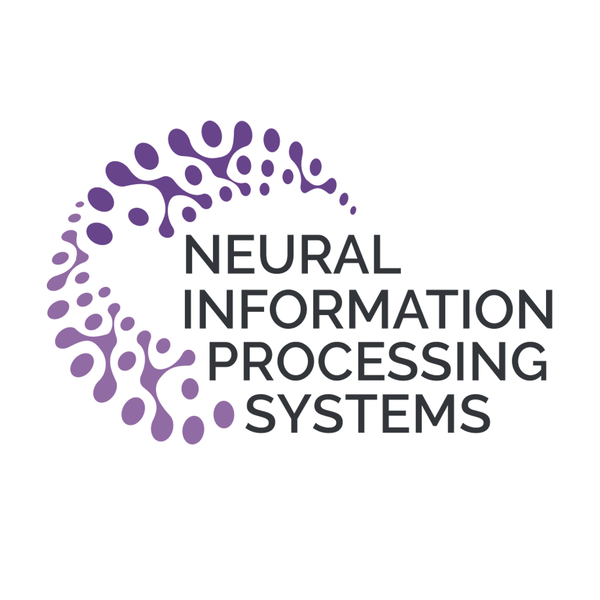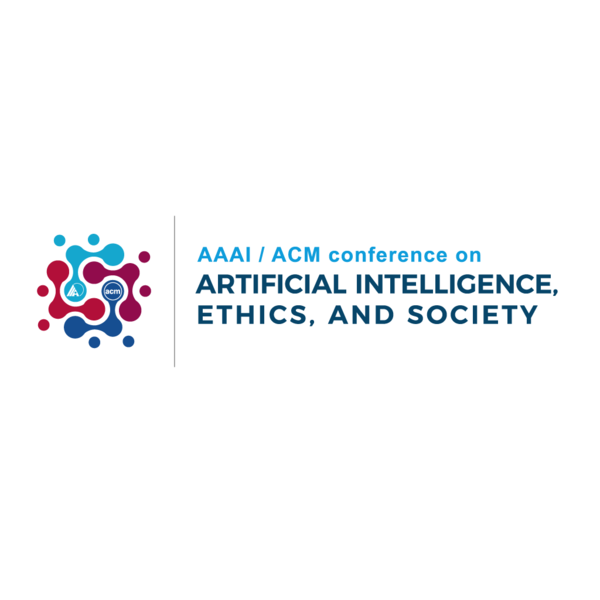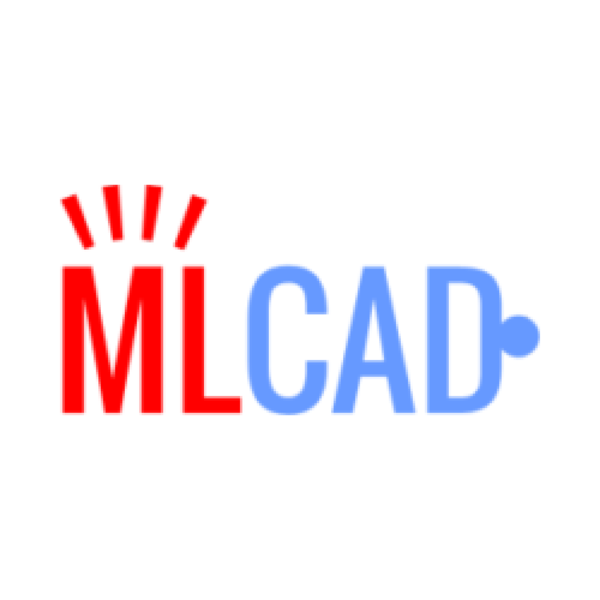AAAI
February 7 - 14, 2023
AAAI-23
Overview
AAAI-23 is the Thirty-Seventh AAAI Conference on Artificial Intelligence. The theme of this conference is to create collaborative bridges within and beyond AI. Along with the conference is a professional exposition focusing on machine learning in practice, a series of tutorials, and topical workshops that provide a less formal setting for the exchange of ideas. We look forward to this year's exciting sponsorship and exhibition opportunities, featuring a variety of ways to connect with participants in person. Sony will exhibit and participate as a Diamond sponsor.
Latest CONFERENCES

NeurIPS 2024
The Thirty-Eighth Annual Conference on Neural Information Processing SystemsThe conference was founded in 1987 and is now a multi-track interdisciplinary annual meeting that includ…

AIES 2024
7th AAAI/ACM Conference on AI, Ethics and SocietyArtificial intelligence (AI) is increasingly pervasive, powerful, and contested. While AI has the potential to empower individuals …

MLCAD 2024
6th ACM/IEEE International Symposium on Machine Learning for CADThe symposium focuses on Machine Learning (ML) for all aspects of CAD and electronic system design. The symposium is…
JOIN US
Shape the Future of AI with Sony AI
We want to hear from those of you who have a strong desire
to shape the future of AI.






